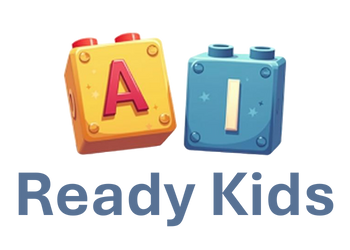Curiosity is the spark that makes learning stick. When children ask “why” and “what if,” they’re not just seeking answers. They’re wiring their brains to explore, question, and imagine — the very skills that will prepare them to use AI wisely later in life.
Why curiosity matters early
Curiosity in young children is more than a charming trait. It is strongly linked to better academic outcomes, motivation, and persistence in problem-solving.1 In early childhood, the brain is developing at a rapid pace, and curiosity drives the exploration that strengthens memory, reasoning, and language. When children are encouraged to follow their questions, they learn that discovery is joyful, not just correct.
Curiosity fuels future skills
-
Exploration. Curious kids test and tinker, which builds flexible problem-solving habits.
-
Resilience. Wonder motivates persistence, even when answers aren’t obvious.
-
Creativity. Imagination sparked by questions leads to new ideas and innovations.
These qualities are not only valuable in school but also in preparing for a future where technology will amplify human creativity and problem-solving.
Nurturing curiosity at home
You don’t need expensive resources. Everyday life is full of opportunities. On a walk, invite your child to notice details others might miss: “Why do you think ants walk in a line?” In the kitchen, turn cooking into a small science experiment: “What happens if we add this spice?”
The key is not just giving answers but modeling wonder. When parents say, “I don’t know. Let’s find out together,” it shows that curiosity is a lifelong strength.
Follow their lead. Encourage guesses before answers. Celebrate the questions as much as the solutions. Curiosity thrives in an environment where children feel safe to wonder and explore.
The Science
-
Jirout, J. J., & Klahr, D. (2012). Children’s scientific curiosity: In search of an operational definition. Developmental Review, 32(2), 125–160. https://doi.org/10.1016/j.dr.2012.04.002

